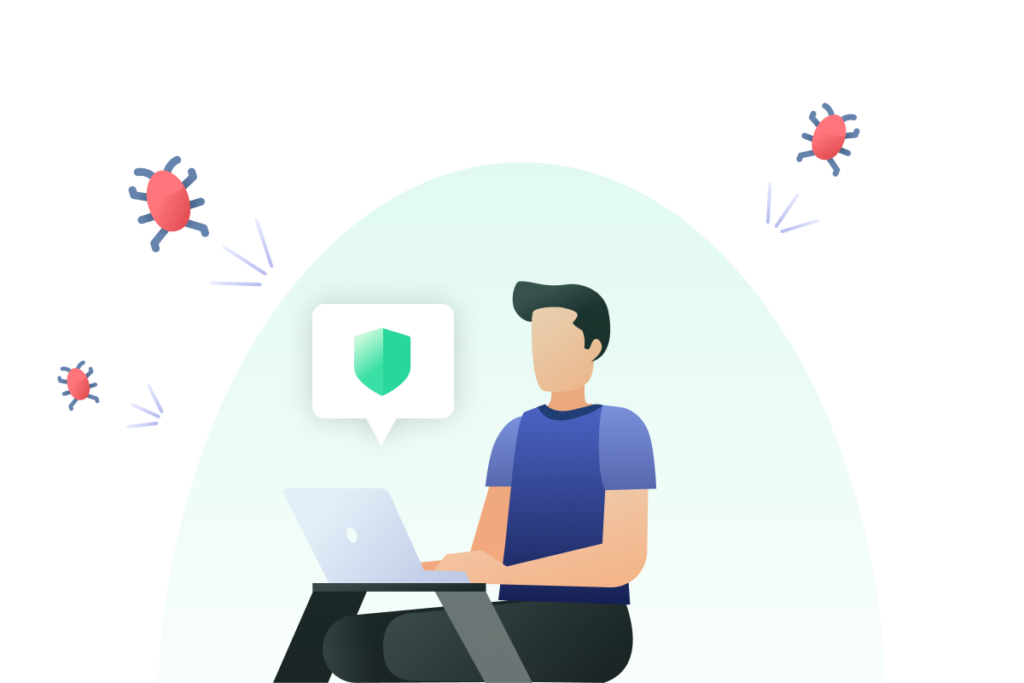Understanding the different security threats that may be lurking on the Internet can be a challenge. Some terms can be confusing, but it’s important to educate yourself on potential risks to your online privacy. Take credential dumping, for example. You may be wondering, “What is credential dumping, and is it a risk to my safety?” In this article, we’ll explore the different aspects of credential dumping and help you understand this common Internet threat.
What is Credential Dumping?
Credential dumping, or password dumping, involves cybercriminals copying raw data from one location and pasting it into another. These attackers will hack a victim’s device, obtain their login information, and use them for their own purposes. The data they steal is often taken from their victim’s computer or phone RAM. In many cases, the attackers will then use the data to:
- Access other accounts that use the same login information
- Steal more data from a victim using their credentials
- Infect other devices on the same network
- Gather and sell your private data
“Dumping” occurs when hackers steal credentials from someone and “dump” the login information onto their device. This is just one of many different threats that your password and username may face if they aren’t securely protected.

Credential Dumping and Online Safety
Typically, credential dumping attacks occur on a large scale. Like credential stuffing, these attacks will often leak the data they obtain to hacking forums or places where other hackers can use the information. In most cases, these are sold to the highest bidder.
Credential dumping attacks often precede ransomware attacks, especially since the two are often done together. Cybercriminals will use credential dumping tactics to obtain login information for a user or an organization. Once they have the necessary credentials, they can log into certain personal devices and launch their ransomware attack.

How Does Credential Dumping Work?
Criminal hackers have a variety of tactics for initiating a credential dump attack. They can take advantage of vulnerabilities in the security of an OS or network, which is a common method. Some attackers even root through a system’s RAM for credentials. Another tactic involves hackers using lower-security devices as a sort of Trojan horse in order to gain access to a larger network. After credentials are dumped, cybercriminals can use other attack methods like ransomware, killware, and much more.

How to Protect Yourself Against Credential Dumping Attacks
In order to protect yourself from credential dumping attacks, there are several best practices that you can follow. Below, we’ll walk you through some of the common defense methods you can take to secure your online safety.
- Use two-factor authentication on all of your personal accounts and devices.
- Reduce the number of individuals with administrative privileges on the network.
- Avoid contact with hardware that may potentially have malware.
- Consistently scan your system for dangerous software.
- Create a unique password for all of your personal profiles.
- Encrypt all of your data and online activity.
One way to encrypt your activity and data is by using a powerful VPN. With a reliable VPN on your personal devices, you get more privacy and more protection with just one click.
Reliable Online Privacy with PrivadoVPN
Protect yourself from serious online threats with help from PrivadoVPN. With our easy-to-use app, you can quickly connect to secure global servers and get instant access to our world-class network. Available for all of your favorite devices, PrivadoVPN gives you the power to protect your connection from prying eyes and other potential security risks. In just a few clicks, PrivadoVPN can help you get the extra security that you deserve. Sign up now and save 38% on an annual subscription. Don’t delay – take back control of your privacy today.
Download PrivadoVPN
Protect your privacy with a world-class VPN. Sign up for premium access to PrivadoVPN and get unlimited monthly data, access to 300+ servers from around the world, and up to 10 simultaneous connections. Get a top-rated VPN that can secure your privacy at home, at work, or on the go.
Sign up for PrivadoVPN today!





